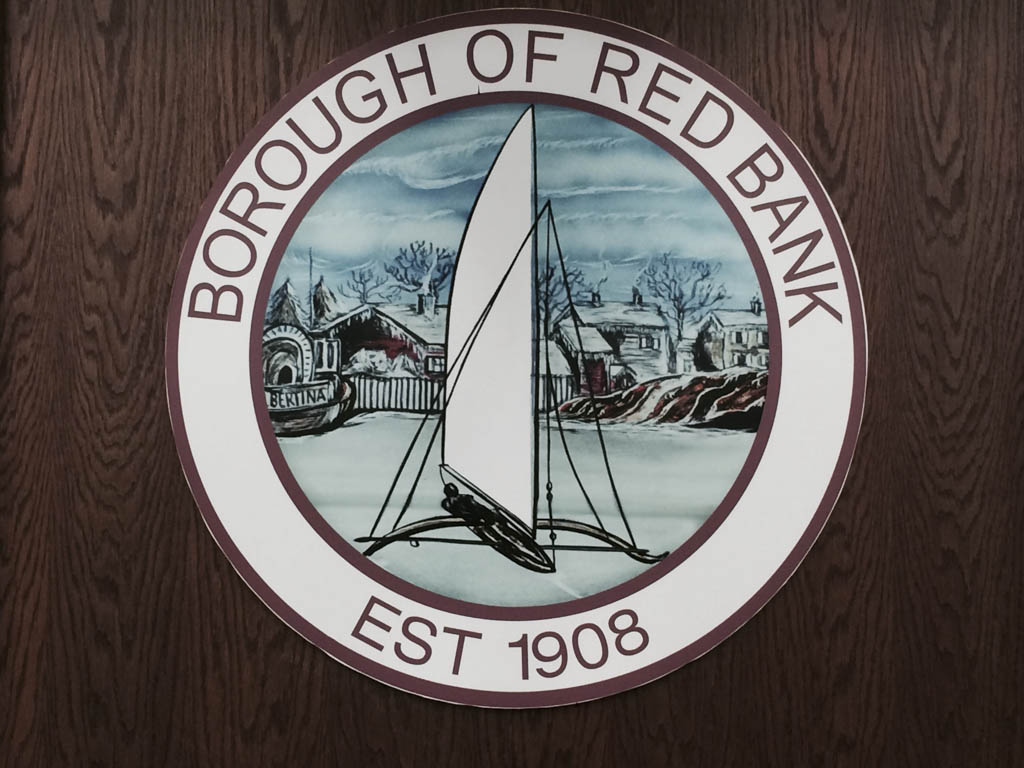RED BANK – The members of the Red Bank Borough Council have established regulations that will permit all six types of cannabis businesses that have been approved by the state to operate in the municipality.
On Aug. 18, council members adopted an ordinance that amends Red Bank’s planning and development regulations and permits and regulates cannabis businesses. The ordinance also imposes a local cannabis transfer tax and a local cannabis user tax in the borough.
In addition, the ordinance establishes regulations to prohibit cannabis possession in borough parks, cannabis consumption on borough property and in public places, and all underage (under 21) cannabis possession.
The council’s action follows the New Jersey Cannabis Regulatory, Enforcement Assistance, and Marketplace Modernization Act, also known as A-21, which was approved by state legislators in February after New Jersey voters in 2020 approved a constitutional amendment to legalize marijuana.
The law legalizes the recreational use (also known as adult use) of marijuana for certain adults; it decriminalizes the possession of small amounts of marijuana and hashish (a marijuana concentrate); and it removes marijuana as a Schedule I (high potential for abuse) drug.
According to the Red Bank ordinance, A-21 established six marketplace classes of licensed marijuana businesses: cultivator, manufacturer, wholesaler, distributor, retailer and delivery.
As noted by borough officials, they were required to adopt an ordinance establishing the regulations for cannabis businesses by Aug. 21. If no ordinance was adopted, the state would control the regulations of cannabis businesses in Red Bank for a five-year period.
Under the terms of the ordinance, marijuana cultivators, manufacturers, wholesalers, distributors and delivery services will be permitted uses in Red Bank’s industrial and light industrial zones. Marijuana delivery services will also be a permitted use in the business/residential-1 zone and in the waterfront development district.
In the business/residential-1 zone and in the waterfront development district, marijuana retailers will be a conditional use.
Marijuana retailers will not be permitted to open to customers for business before 8 a.m. or remain open to customers for business after 10 p.m.; they will be prohibited from selling alcohol or tobacco; and they will not be located in any other businesses.
Marijuana retailers may only be located in buildings with other uses if the cannabis business is separated by full walls and with a separate entrance. No more than one cannabis business will be located on a single parcel, according to the ordinance.
According to the ordinance, marijuana retailers must provide a detailed security plan and receive approval of the plan from the Red Bank Police Department.
Through the ordinance, Red Bank will impose a transfer and user tax to receive 2% of the receipts from each sale by cannabis cultivators, cannabis manufacturers and cannabis retailers, and 1% of the receipts from each sale by cannabis wholesalers. The user tax will be imposed on any license holder operating more than one cannabis business.
Although the ordinance allows cannabis businesses to operate in Red Bank, the legislation deems it unlawful for an individual to consume cannabis in public places, such as any public highway, public street, public sidewalk, public parking lot or lot, playground, park or other property owned by the borough. Individuals who violate this regulation will be subject to a civil penalty of up to $200.
Consuming cannabis on school property will be deemed a disorderly persons offense, according to the ordinance, which carries a $250 fine.
If individuals under the age of 21 possess cannabis, they will receive a $100 civil penalty for a first offense, a $200 civil penalty for a second offense, and a $350 fine for a third and subsequent offenses, according to the ordinance.
Individuals of legal age are not permitted to possess more cannabis than is legally allowed (up to 6 ounces); violating this regulation will result in a $250 fine for first-time offenders and a $350 fine for second-time and subsequent offenders.
“The borough finds that only qualified operators should be permitted to safely operate strictly regulated cannabis facilities within the borough on a limited basis and subject to reasonable time, manner and place restrictions, in order to balance the creation of jobs and economic opportunity within the borough with public safety and the best interests of borough residents,” officials wrote in the ordinance.
Eatontown resident Jeffrey King commended the council members for permitting cannabis businesses in Red Bank.
“I think this (plan) is very progressive and very appropriate for Red Bank,” King said. “You (elected officials) are showing good leadership. The dividends will pay off to the community with good and high-paying jobs, skilled workers, better ratables, and blighted areas being redeveloped with this industry.”
King also praised the council members for permitting cannabis delivery services to be based in Red Bank.
Cannabis delivery services are not permitted to be based in Eatontown under the guidelines established through a cannabis ordinance Eatontown officials recently adopted.
“I think (delivery services) are a missed opportunity for us (in Eatontown),” King said. “You can deliver to Eatontown and in the pandemic, that matters more than ever. Anyone who is physically unable to go to a dispensary will be patronizing Red Bank and giving you 2% on your purchases.”
Following the public hearing, the cannabis ordinance was unanimously adopted by all council members present.

